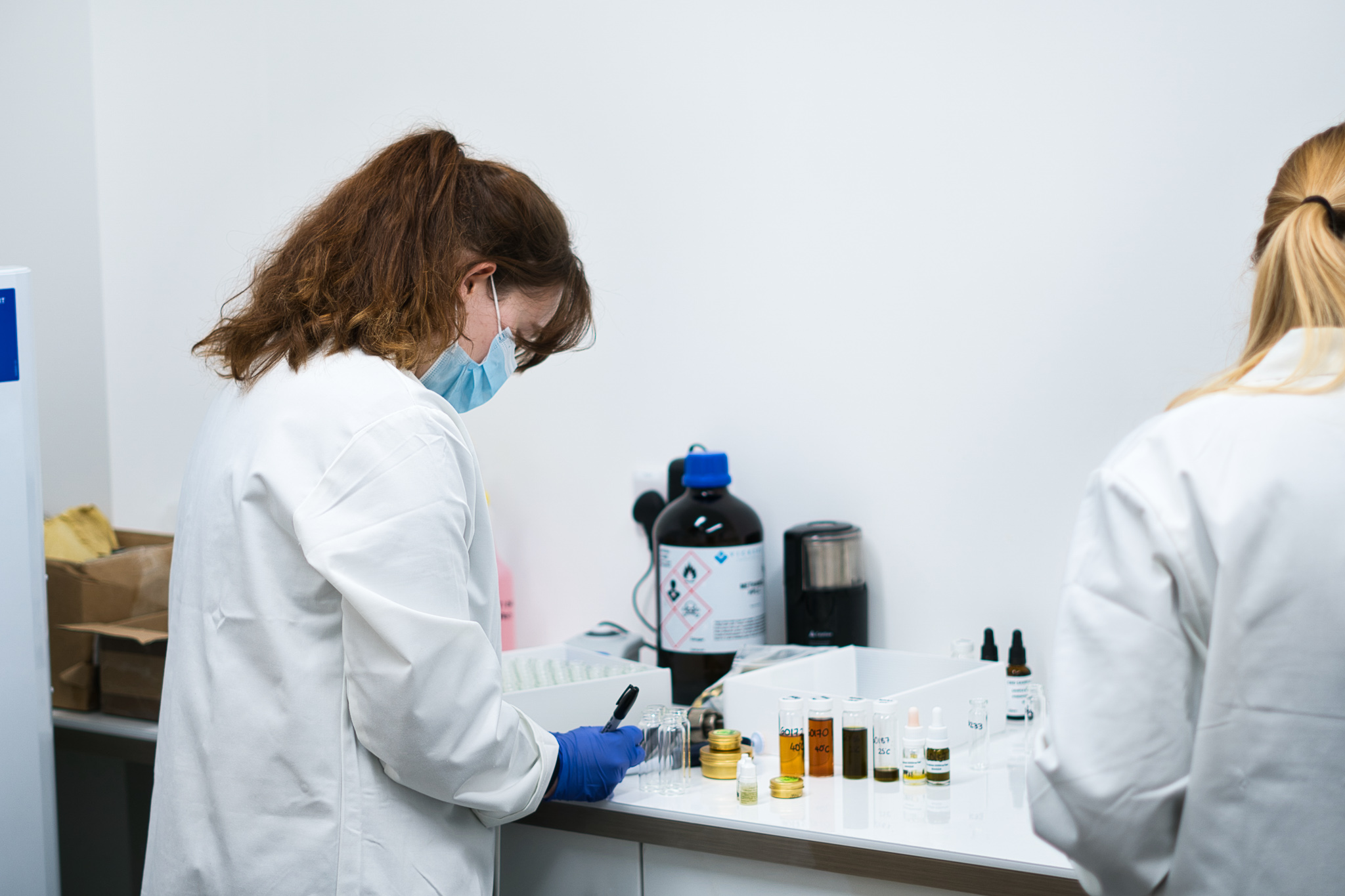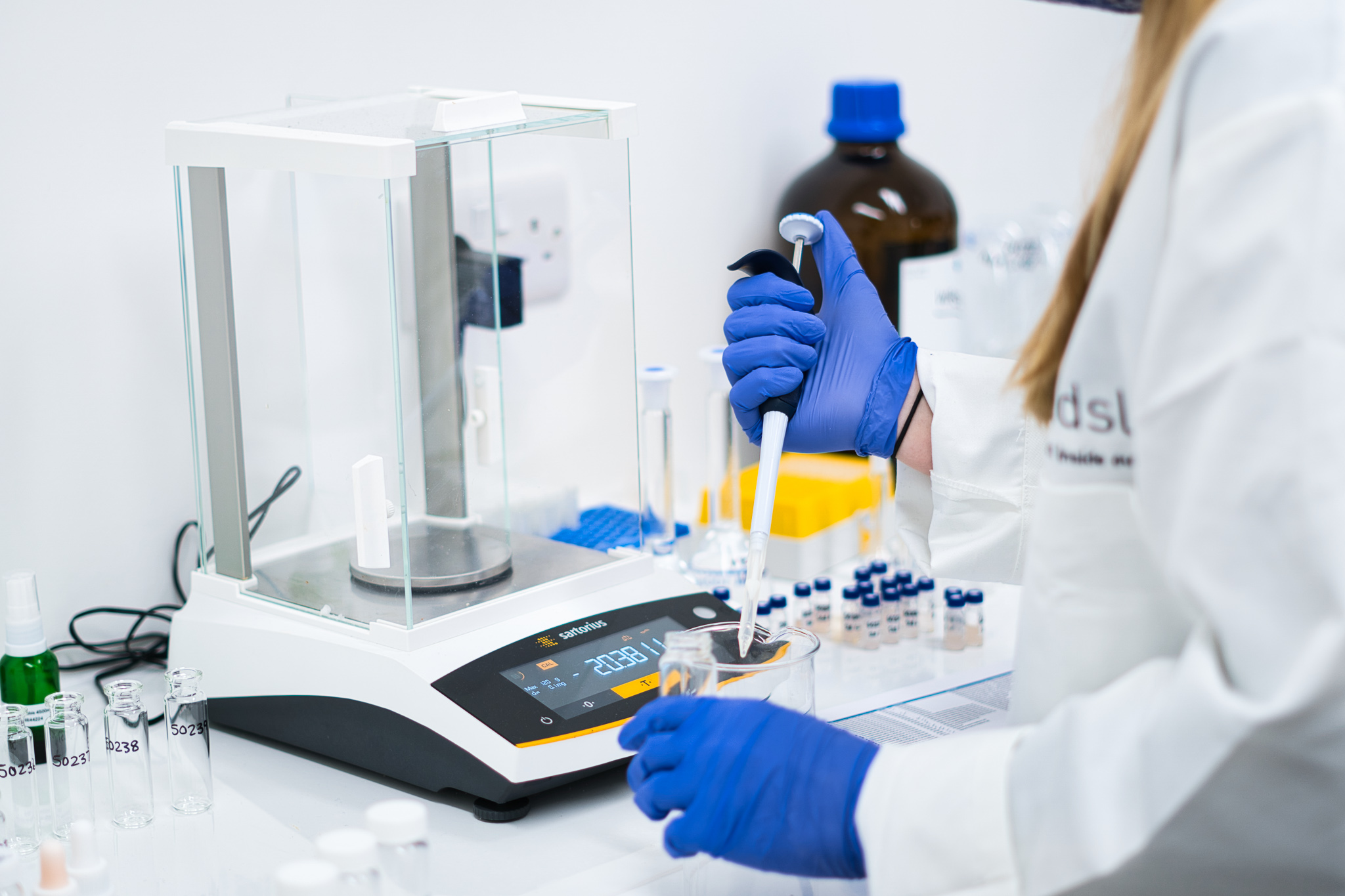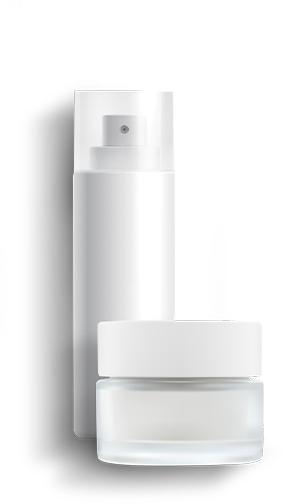Elasticity and tissue stiffness are crucial parameters when developing cosmetic products, particularly those targeting aging skin. Elasticity refers to the skin’s ability to return to its original state after being stretched or deformed, whereas tissue stiffness indicates the resistance to deformation. An Elasticity Meter is often used in product development to measure these parameters.
Here’s how these measurements apply to cosmetic product development:
1. Product Efficacy:
Products such as anti-aging creams, firming lotions, and collagen-boosting serums are often marketed with claims to improve skin elasticity and reduce tissue stiffness. Testing with an Elasticity Meter allows developers to quantitatively assess the product’s effectiveness and validate these claims
2. Product Claims:
If a product can scientifically demonstrate improvement in skin elasticity or reduction in tissue stiffness, these benefits can form the basis of marketing claims. For instance, “improves skin elasticity,” “reduces the signs of aging,” or “restores skin firmness.”
3. Formulation Development:
Understanding how various ingredients influence skin elasticity and stiffness is important when designing formulations. For instance, ingredients that stimulate collagen production can improve skin elasticity. The testing data from an Elasticity Meter can guide formulation changes to achieve the desired effects.
4. Safety Testing:
While most often used for efficacy testing, Elasticity Meters can also be used in safety testing. For example, a product that causes a significant decrease in skin elasticity could potentially be damaging to the skin.
5. Consumer Testing and Perception:
Changes in skin elasticity and tissue stiffness often correlate with perceived improvements in skin condition. Thus, products that can demonstrate improved skin elasticity or reduced stiffness through Elasticity Meter readings can lead to positive consumer feedback.
6. Innovation:
Knowledge of skin elasticity and tissue stiffness also drives innovation in cosmetic product development. This knowledge can guide the discovery and application of new ingredients or technologies that can more effectively improve these skin parameters.
Measuring skin elasticity and tissue stiffness using an Elasticity Meter is an important part of the cosmetic product development process. These measurements help ensure product efficacy, substantiate marketing claims, guide formulation decisions, ensure product safety, and drive product innovation.
Take the next steps
Unlock the potential of your product with ADSL’s expert Microbiology and Laboratory Testing and Formulation services. To learn more, call us at +44 (0)1803 520 048. Ready for personalized advice? Click ‘Get Started’ below to schedule your complimentary video consultation. We’re here to help your vision succeed.







